In the vibrant tapestry of India's culinary landscape, few names resonate as distinctly as Chef Vicky Ratnani. A culinary globetrotter, passionate educator, and relentless innovator, Chef Vicky has carved a niche that transcends the borders of tradition and modernity. From the kitchens of luxury cruise liners to television screens and now social media feeds, his journey has been as flavorful as the dishes he creates. In this exclusive conversation with Ekta Bhargava, Publisher - Better Kitchen, Chef Vicky opens up about his culinary inspirations, sustainable cooking, current trends, and his hopes for the next generation of chefs.
What inspired you to become a chef?
My culinary journey was inspired by a deep-rooted passion for food, which I discovered quite early in life. Growing up in a Sindhi household in Mumbai, food was always at the center of every celebration, every gathering, and even the quiet moments. I remember being fascinated by the smells, the colors, the textures – everything that made the kitchen a magical space.
But the real turning point came when I realized that cooking wasn't just about sustenance; it was about expression. It was art, science, culture, and history, all wrapped in one. I decided to pursue hotel management at IHM Mumbai, which opened my eyes to the professional culinary world. I was determined to travel the world, learn new cuisines, and eventually bring that knowledge back to India. My career at sea, working with international chefs and learning global techniques, gave me the edge and perspective to become not just a chef, but a culinary storyteller.
How do you define your cooking philosophy?
My cooking philosophy is rooted in three principles: seasonality, sustainability, and simplicity with flair. I truly believe that food should be respectful to its origins, yet imaginative in its execution. I love exploring different ingredients – whether it's a local millet from Maharashtra or a spice from Latin America – and finding a way to bring them together harmoniously.
For me, a great dish is one that brings joy, nourishes the body, and tells a story. I try to strike a balance between the familiar and the novel. I love reimagining classics with a twist, giving them a modern or global touch while keeping their soul intact. Also, being conscious of food waste, responsible sourcing, and ethical cooking is extremely important to me. After all, as chefs, we have the power to influence how people think about food and how they consume it.
What is your take on healthy cooking?
Healthy cooking, to me, is not about deprivation or counting calories. It's about being smart and mindful about ingredients and cooking methods. I always advocate for the use of fresh, seasonal produce, whole grains, and healthy fats like olive oil or cold-pressed oils. It's also about minimizing processed foods and refined sugars. But it's equally important that healthy food should taste great.
My travels have helped me understand how cultures incorporate wellness into their everyday cooking – like the Mediterranean diet, the Japanese approach to seasonal eating, or the Ayurvedic principles from India. I believe in blending these philosophies to create dishes that are delicious and nourishing. You'll find that even indulgent dishes can be made healthier without losing their essence. It's all about the technique, substitutions, and a bit of creativity.
How do you see the role of the chef evolving in today's world?
The role of a chef today goes way beyond the kitchen. We're educators, influencers, sustainability advocates, and cultural ambassadors. With the advent of digital media, chefs have a direct channel to engage with audiences. We're not just creating food anymore – we're shaping opinions, creating awareness about nutrition, promoting sustainability, and even addressing social issues through food.

Today's chef has to be versatile. You need to know not just how to cook, but also how to tell a story, manage a brand, train a team, adapt to trends, and even respond to global challenges like climate change or food security. The chef of the future will be someone who's as comfortable on a farm as in a five-star kitchen. We're moving towards a more holistic, thoughtful approach to food, and I find that very exciting.
What does sustainability mean to you in the culinary space?
Sustainability is not a buzzword – it's a responsibility. It means respecting our resources – ingredients, water, energy – and being conscious of the impact our choices have on the environment and the community. As chefs, we have immense power to make sustainability a core value in our cooking.
I work with local farmers, use seasonal produce, reduce plastic in my kitchen, and try to minimize food waste by using every part of an ingredient – root to stem, nose to tail. I also advocate for plant-forward eating, which doesn't necessarily mean vegetarianism, but encouraging a shift towards more vegetables, grains, and legumes, and less industrially raised meat.
Sustainability also involves educating diners. When people understand the journey of their food – where it comes from, who grows it, and how it's processed – they make better choices. Chefs can bridge that gap by making sustainable food exciting and accessible.
Could you talk about the current food trends you're excited about?
There's so much happening in the culinary world, it's an exciting time to be a chef. A few trends that really resonate with me include: Plant-based and flexitarian diets – More people are shifting towards a balanced plate with fewer animal proteins. The creativity around plant-based cooking now is incredible. Chefs are using jackfruit, millets, legumes, fermented foods – all in innovative ways.

Fermentation and gut-friendly foods – There's a renewed interest in age-old techniques like fermenting, pickling, and curing. These methods not only enhance flavor but also promote gut health. Hyper-local and regional cuisine – Indian regional food is finally getting the spotlight it deserves. There's a surge in appreciation for community-based recipes, tribal cuisine, and forgotten grains like ragi, jowar, and amaranth.
Tech in the kitchen – Smart gadgets, AI in food prep, and even lab-grown ingredients are opening up new frontiers. While I'm all for traditional techniques, I think there's a place for innovation too, especially when it comes to sustainability and efficiency.
You've had a global culinary journey. How do international experiences shape your cooking today?
My time working on cruise ships and traveling across continents was like a culinary university on steroids! I got the chance to work with chefs from around the world, learn their philosophies, and understand the cultural nuances of food. Whether it was Mediterranean, Latin American, Southeast Asian, or Caribbean – every place had something unique to offer, and I soaked it all in.
These experiences gave me a broad palate and a keen sense of balance in flavors. They taught me that food has no boundaries – that you can borrow techniques, ingredients, and philosophies from anywhere, as long as you respect their origin and don't dilute their integrity.
Today, my cooking is a global conversation on a plate. I might take an Indian curry and pair it with a Peruvian quinoa pilaf, or use miso in a traditional lentil stew. The idea is to surprise and delight, without losing authenticity.
You've been a part of culinary television. How has that impacted your career?
Television was a game changer for me. Shows like Vicky Goes Veg and Vicky Goes Foreign gave me the opportunity to connect with a much wider audience. It wasn't just about showcasing recipes – it was about sharing stories, cultures, ingredients, and showing people that cooking can be fun, expressive, and fulfilling.
Being on television also pushed me to simplify complex techniques and make them accessible. It challenged me to be creative under constraints. More importantly, it built trust. When people invite you into their homes through a screen, you form a bond with them. That trust has extended to my social media today, where I continue to share recipes, wellness tips, and food stories.
(This story has been published under arrangement from Better Kitchen magazine)
.jpg)
 Ekta Bhargava
Ekta Bhargava 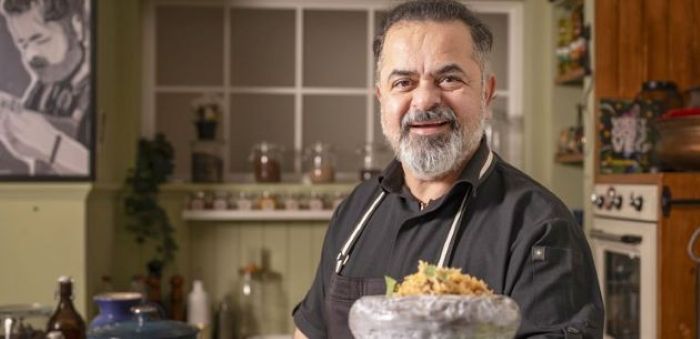
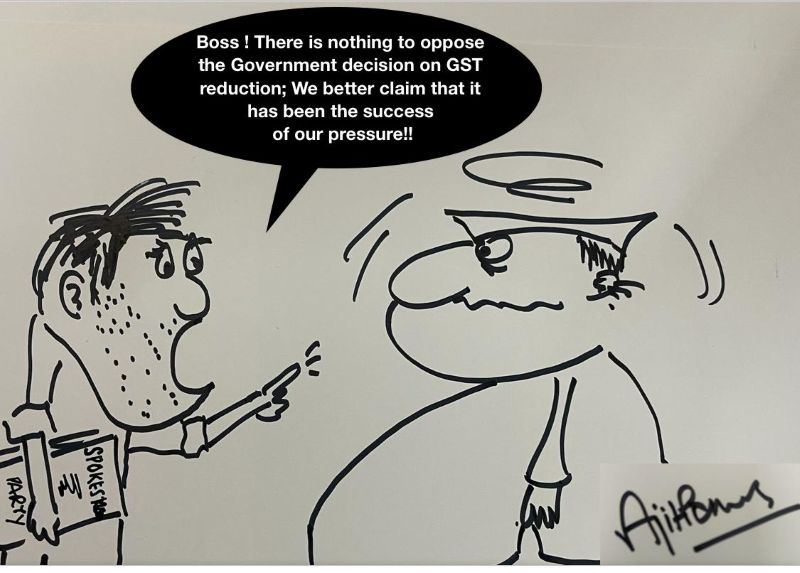

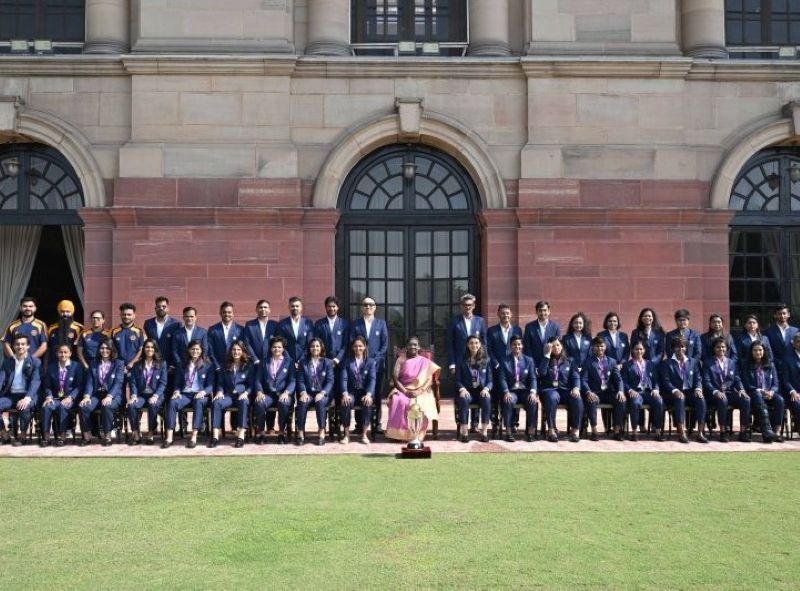

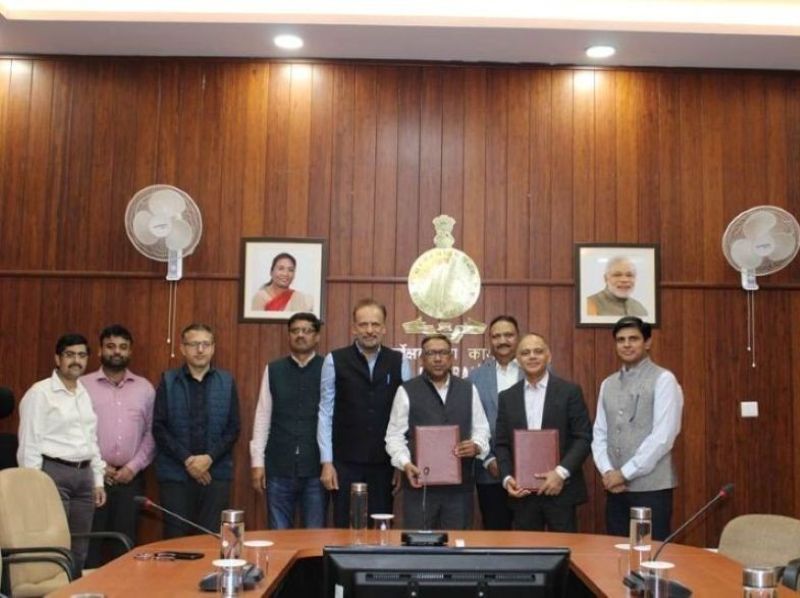
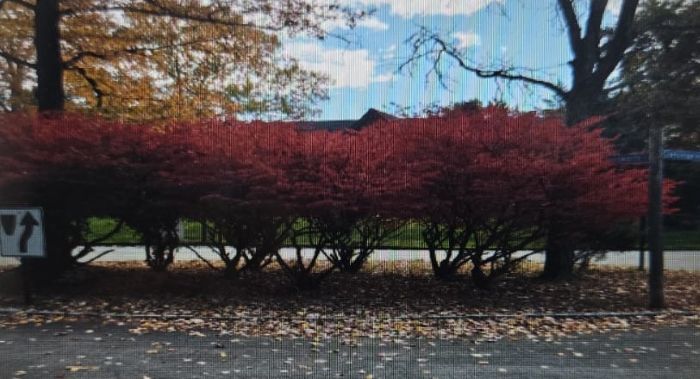

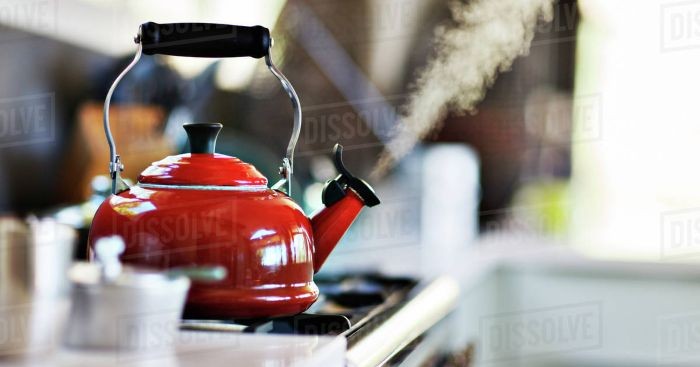

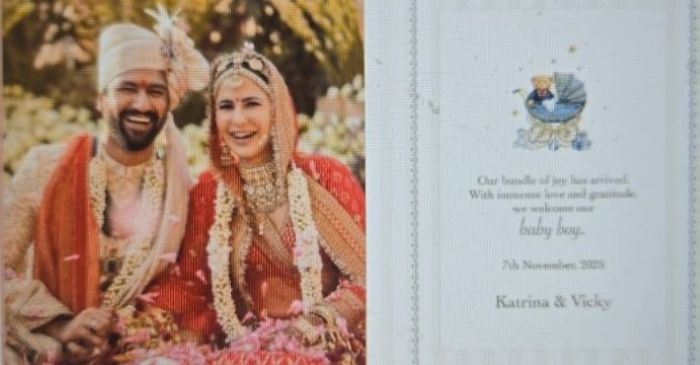
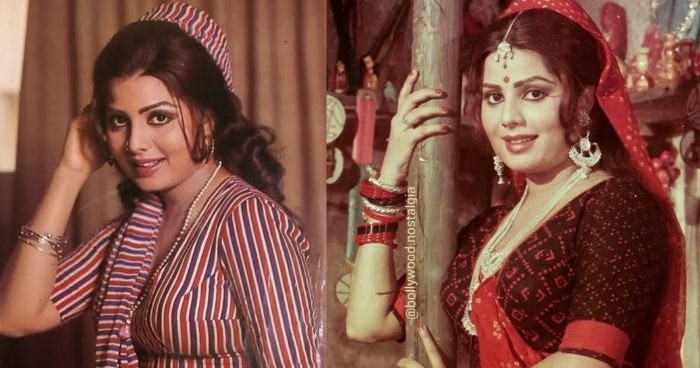



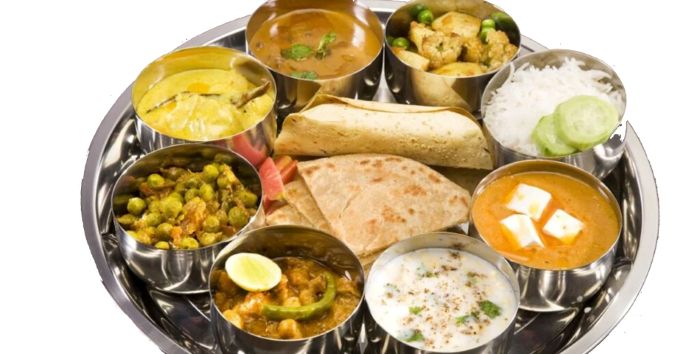


Related Items
Uttarakhand CM hails RSS for its role in cultural renaissance
Palestinian Authority have no role in Gaza, says Netanyahu
Truth will come out: Ex-Punjab DGP denies Role in son’s death